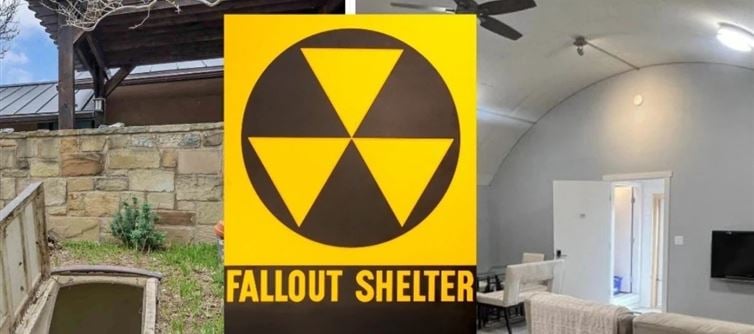
Pakistan and india both possess nuclear weapons. Given its inability to defeat india in a conventional conflict, some experts even speculate that pakistan may employ nuclear weapons. As demonstrated by the united states dropping one atomic bomb each on the Japanese cities of Hiroshima and Nagasaki in august 1945, the world is well aware of the devastating power of a single atomic weapon.
Since then, the weapons have grown more potent and devastating. Common indians are questioning which locations would be the safest if an atomic weapon is detonated, as the threat of nuclear fallout looms large. Here, we attempt to enumerate several locations in india where the bomb's impacts are thought to be as little as possible.
Because of their high population density and strategic significance, major cities like Delhi, Mumbai, Kolkata, Chennai, Bengaluru, and hyderabad are among the top targets.
Rural locations: Although less dangerous than large cities, rural locations could nevertheless be at risk from fallout and the long-term consequences of a nuclear conflict.
To guard against the immediate blast wave and radiation during and immediately after a nuclear assault, it is essential to take shelter in strong structures, preferably with walls made of brick or concrete.
Long-term planning is necessary since long-term survival will rely on things like food supplies, water sources, and the capacity to endure the long-term consequences of a nuclear winter, should one materialize.
Remote regions of india, such as those in Chhattisgarh, Jharkhand, Odisha, and the Northeast, may have a marginally higher probability of surviving a nuclear conflict than larger cities. It's important to keep in mind, though, that even these places cannot ensure total safety.




 click and follow Indiaherald WhatsApp channel
click and follow Indiaherald WhatsApp channel